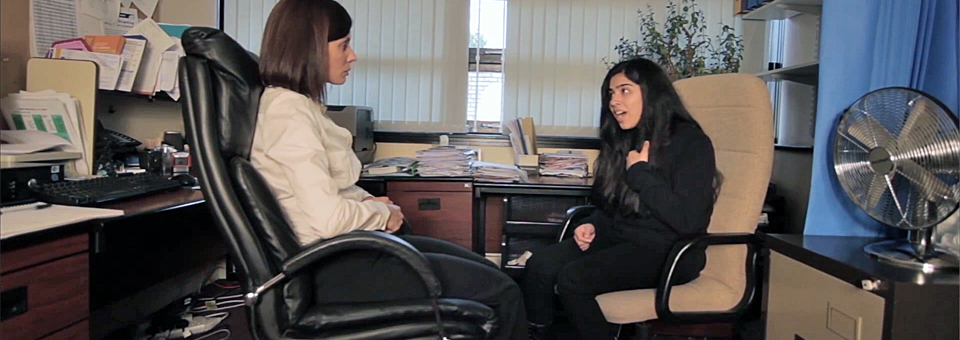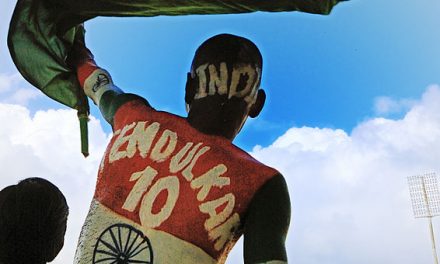Sometimes we witness such overwhelming scenes of violence that they make our world lose all logical dimensions. Our world spirals way out of our control and decades later we are still left with haunting memories, barely beginning to process what actually happened. Bearing witness to such inhumanity, it is difficult to find yourself at peace again. For some, the fact that they survived the ordeal and managed to escape a fate others couldn’t, becomes too overwhelming. The unworthy feeling of survival results in victims seeing death as the only escape. A recently released short film aptly titled ‘Trauma‘ explores this issue and hopes to open a dialogue about it.
Victims of trauma are placed in a state of limbo in which they are unable to remove themselves from that event – an event that reminds the individual of feeling completely helpless amongst a scene of absolute disregard for human life. Their inability to remove themselves from the event, in the sense of moving on, makes the event dictate their present reality. They are constantly taken back into that very moment in which their memories remain so vivid that again and again, they become conscious in that world of chaos. They are trapped in that moment and because of this their present reality has the power to instantly evoke the same emotions as they felt during the occurrence of the event.
This inability to fully process what happened disallows the victim to fully engage with their present. It brings feeling of isolation and desperation. Added to the personal trauma is the huge burden these victims begin to carry for a community. First they are faced with actual trauma of witnessing death, but then they are faced with further trauma when people in positions of power manipulate the event to reduce the significance and the scale of it. In essence, witnesses are then told to not remember the violence as it was, but in a way that serves the interest of the authority in power. Victims then begin to carry a certain burden of responsibility of having an account of a truth of the event, but unable to express it in an environment which has chosen to demean that whole occurrence. As a consequence a feeling of immense suffocation overpowers the victim because they realise they must live in a world that does not recognise or validate their grief and experience.
This acknowledgement of an individuals experience is crucial in the process of helping survivors move on and deal with their grief. The need for validation leads victims to find a medium in which to express themselves. As the short film shows the young female reaches out for professional help in which she is given the space to communicate her experience. She is given a space to re-tell her truth of the event to a neutral audience. She is given a space in which her grieving can be validated. This is of utmost importance in the process of dealing with what happened. The film-maker has illustrated the difficulty of trauma victims to directly link their emotions with what they witnessed; instead they seek desperately for escape as they incoherently attempt to take a stranger back into that moment of chaos with them.
Using trauma theory, we are able to recognise and analyse such acts of dealing with a difficult past and its determination to dictate a victim’s present reality. It is only through allowing victims to voice their experiences that we can hope to help them come to terms with what they experienced and eventually overcome their trauma.





